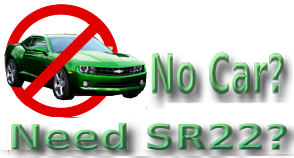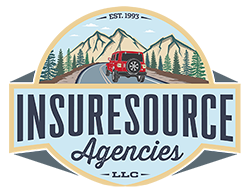Is auto insurance required by your employer or by the DMV, but you don't own a vehicle? Many insurance companies and insurance agencies will not write what is usually referred to as "Non-Owner" insurance policies. They are difficult to price and can be challenging to understand. Probably the most important thing to remember is that coverage provided by these policies is best considered secondary coverage.
Oregon requires that for a vehicle to be currently registered, viewable by the public (yes, that includes sitting in your driveway), and/or driven on the roads, the owner must have insurance on that vehicle. The car, not the driver, is required to be insured.
So, what is the purpose of a non-owner policy, then? Why would you need one? There are two typical reasons. If you are required to have an SR22 (Statement of Financial Responsibility) by the Department of Motor Vehicles to maintain a valid license and you do not have a car registered in your name, you would need a non-owner's auto insurance policy. The other reason is that you drive a company car (your employer provides insurance), and you want to carry your own insurance. (Remember, however, that if you are in an accident in the company car, the employer-provided insurance pays first for the accident; your non-owner policy is secondary.)
That seems pretty straightforward, but is it?
Let's say you don't own a car, but want to borrow your Aunt Allison's car for the weekend. If Aunt Allison has insurance on the vehicle and you have a valid license, you're all set. However, without insurance on the car, you could be in trouble if pulled over by the police. And your non-owner policy will not cover you to drive that vehicle. An uninsured accident is not something you want to experience.
Give us a call at InsureSource Agencies 503 693-2852 or Pulse Insurance 503 489-3143 and let's discuss your best options! We are here to share knowledge and assist you!


